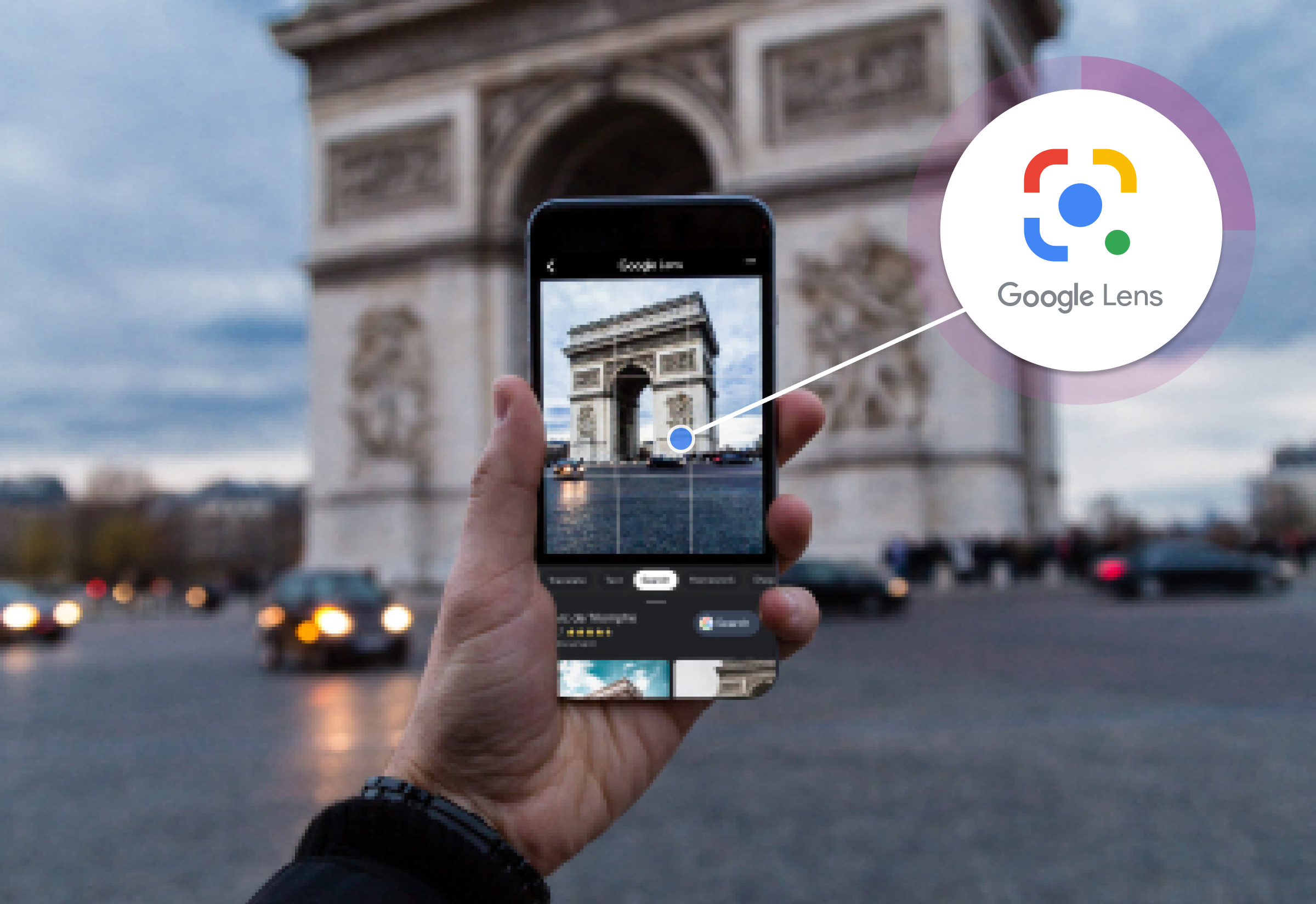Article: AI Wars: Meta, OpenAI, or Google – Who reigns supreme...
Tech companies are constantly coming up with new AI models to stay competitive. The recent participant in the race is Mark Zuckerberg's Meta that has launched its latest generation of LLaMa (large language model) AI models -- Scout, Maverick and Behemoth -- as the competition in the AI race heats up between OpenAI, Google and other contenders.
According to Meta, these three models would enable users to build more “personalised multimodal experiences”. The company claimed that they outperformed Gemma 3, Gemini 2.0, Flash Lite and Mistral 3.1 across a wide range of benchmarks. Meta's blog post claimed that LLaMa 4 Scout is the world's best multimodal AI, capable of handling tasks from document summarisation to advanced reasoning across text, images, and video.
Google's Multimodal Capabilities
Google is also enhancing its search-focused AI Mode chatbot by introducing multimodal capabilities, enabling it to interpret and respond to image-based queries. This update integrates a specialised version of Gemini AI with Google’s Lens image recognition technology, allowing users to upload or capture photos and receive detailed, informative responses, complete with relevant links. The multimodal features are available to a broader audience, accessible through the Google app on both Android and iOS devices.

OpenAI's Native Image Generation
The recent launch of Meta's models followed closely on the heels of OpenAI's introduction of native image generation capabilities in ChatGPT. This new feature enables the chatbot to create more detailed, nuanced, and photorealistic images, impressing users across social media platforms. It sparked a trend of users generating Studio Ghibli-inspired images, showcasing the potential of AI to produce creative, high-quality visuals that capture the attention of diverse audiences.
ChatGPT (OpenAI)
ChatGPT is one of the most well-known conversational AI models, with a focus on dialogue and human-like interaction. It powers everything from personal assistants to coding aids.
Strengths:
- Designed to handle a wide range of queries and interactions with users in an engaging way.
- Easy to interact with and accessible through various platforms (web, mobile, API).
- Fine-tuned for tasks like answering questions, creative writing, coding help, and brainstorming.
- Versatile across many domains—business, education, content creation, among others.
Weaknesses:
- Not as open for deep customisation without special access.
- May sometimes produce inaccurate responses.
Reasons for the ‘Arms Race’
This ‘arms race’ in AI innovation is happening for many reasons, such as the quest for dominance in emerging markets, responding to consumer demand, leveraging advancements in computing power, monetising data, future-proofing against disruptions, and addressing regulatory pressures.

Comparison of AI Systems
As Meta AI (LLaMa), OpenAI’s ChatGPT, and Google’s Gemini AI continue to compete with each other by introducing new models and features, let's compare how these AI systems perform:
Meta AI (LLaMa - Large Language Model Meta AI)
Meta's LLaMa models have gained attention for their efficiency in both language generation and multimodal tasks.
Strengths:
- Available to researchers for fine-tuning and adaptation.
- Part of Meta's larger efforts in AI research.
Weaknesses:
- Not specifically meant for conversational tasks.
- Less user-friendly compared to ChatGPT for daily interactions.
Google’s Gemini AI
Gemini is part of Google’s advanced AI suite, focusing on integrating search capabilities with advanced AI for real-time info retrieval and multimodal understanding.
Strengths:
- Designed to process text, images, and other inputs.
- Benefits from Google’s vast data ecosystem.
- Expected to have advanced reasoning and knowledge capabilities.
Weaknesses:
- Still being developed and might not be as refined for daily user interaction compared to ChatGPT.
- Integration with data services raises data privacy concerns.
Each AI model has its strengths and weaknesses, depending on what you need—whether it’s polished conversational artificial intelligence, flexibility for research, or cutting-edge multimodal integration. The choice is yours.
For AI innovation, OpenAI is currently the most advanced in terms of language and deep learning models. For social media and VR, Meta has a significant lead in social media dominance and investments in VR and AR. For the overall tech ecosystem, Google is the most diversified and established with a robust presence in various domains.










